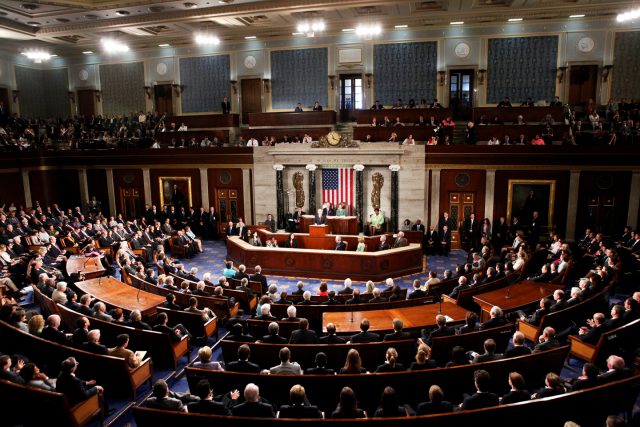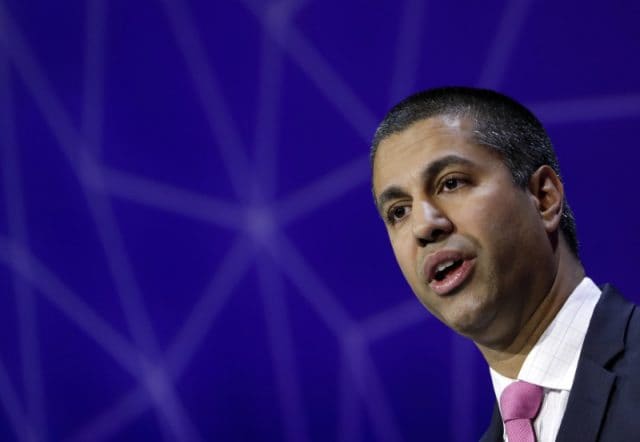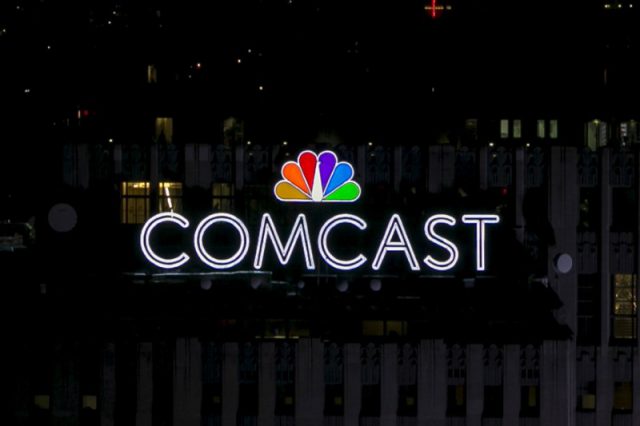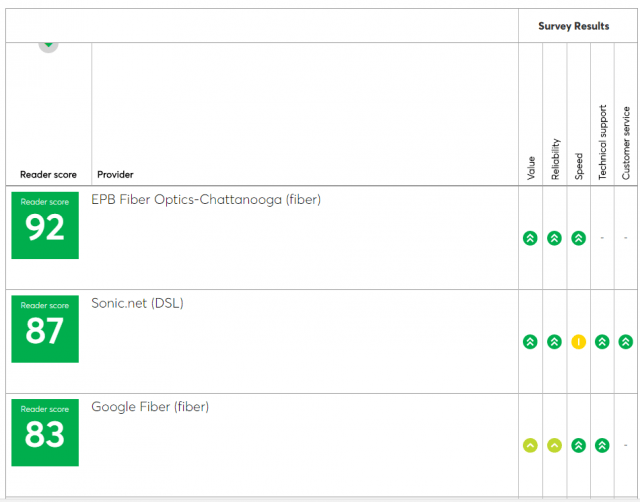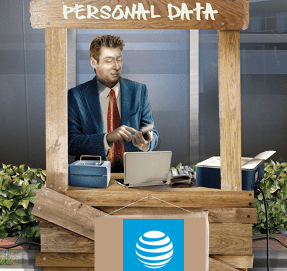 WASHINGTON (Reuters) – President Donald Trump plans to sign a repeal of Obama-era broadband privacy rules as a bigger fight looms over rules governing the openness of the internet, the White House said on Wednesday.
WASHINGTON (Reuters) – President Donald Trump plans to sign a repeal of Obama-era broadband privacy rules as a bigger fight looms over rules governing the openness of the internet, the White House said on Wednesday.
Republicans in Congress on Tuesday narrowly passed the repeal of the privacy rules with no Democratic support and over the strong objections of privacy advocates.
The fight over privacy sets the stage for an even larger battle later this year over Republican plans to overturn the net neutrality provisions adopted by the administration of former President Barack Obama in 2015.
White House spokesman Sean Spicer said he did not know when Trump would sign the bill.
The privacy bill would repeal regulations adopted in October by the Federal Communications Commission under the Obama administration requiring internet service providers to do more to protect customers’ privacy than websites like Alphabet Inc’s Google or Facebook Inc.
Under the rules, internet providers would need to obtain consumer consent before using precise geolocation, financial information, health information, children’s information and web browsing history for advertising and marketing.
The reversal is a win for AT&T Inc, Comcast Corp and Verizon Communications Inc. Websites are governed by a less restrictive set of privacy rules overseen by the Federal Trade Commission.
Republican commissioners have said the rules would unfairly give websites the ability to harvest more data than internet service providers.
Terrible for American ppl, great for special interests. On #BroadbandPrivacy– it’s clear where GOP loyalties lie. https://t.co/dcmlEBfLvD
— Chuck Schumer (@SenSchumer) March 29, 2017
Senate Democratic leader Chuck Schumer said in a tweet the vote was “Terrible for American people, great for big biz.”
Republicans next plan to overturn Net Neutrality provisions that in 2015 reclassified broadband providers and treated them like a public utility.
FCC Chairman Ajit Pai, a Republican, in December said he believes that Net Neutrality’s days are numbered.
The rules bar internet providers from obstructing or slowing down consumer access to web content and prohibit giving or selling access to speedy internet, essentially a “fast lane” on the web’s information superhighway, to certain internet services.
Critics say the rules opened the door to potential government rate regulation, tighter oversight and would provide fewer incentives to invest billions in broadband infrastructure.
Pai told Reuters in February be backs “a free and open internet and the only question is what regulatory framework best secures that” but has steadfastly declined to disclose his plans.
Trump has not talked as president about Net Neutrality but in 2014 tweeted he opposed it.
(Reporting by David Shepardson; Editing by Lisa Shumaker)


 Subscribe
Subscribe